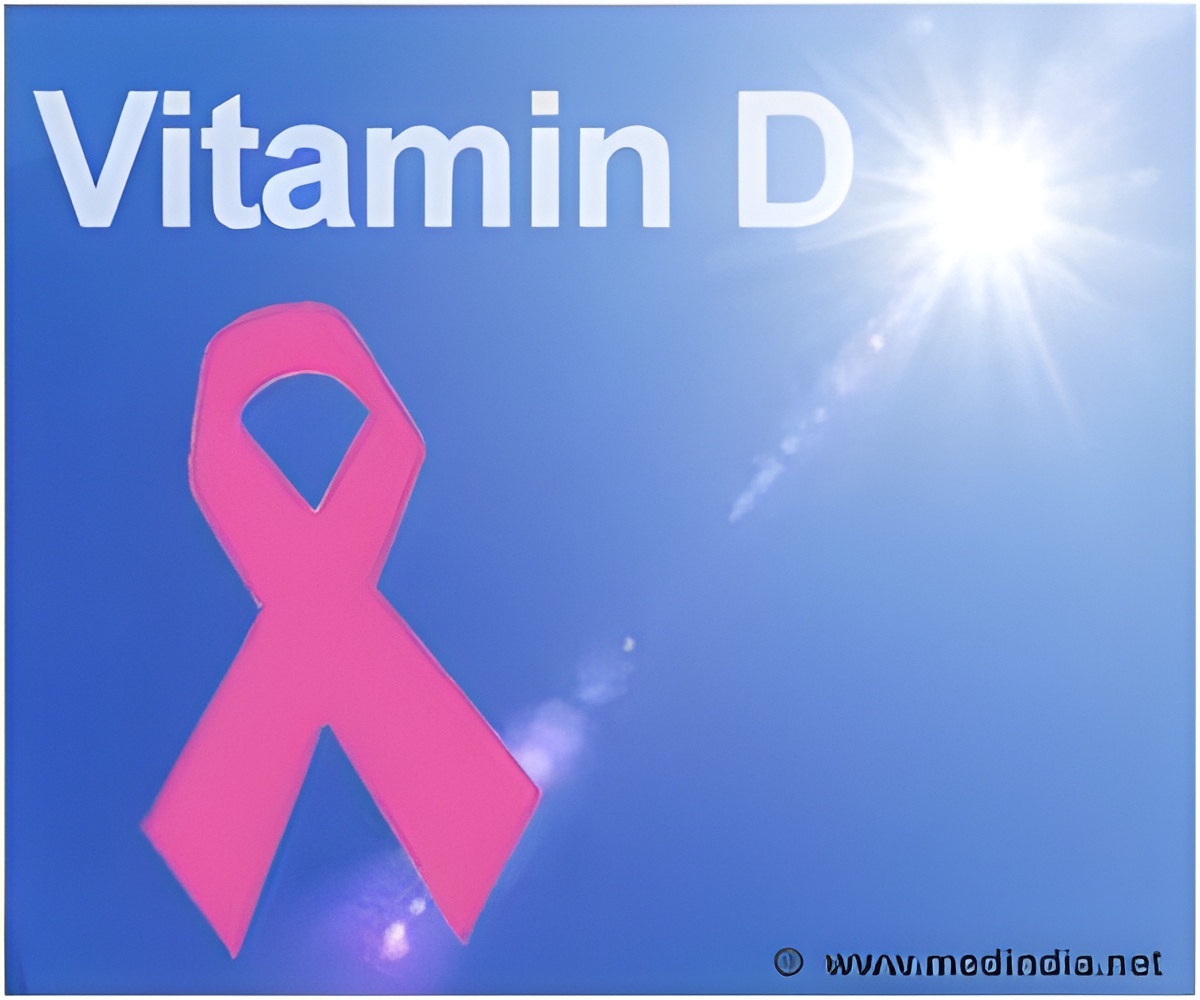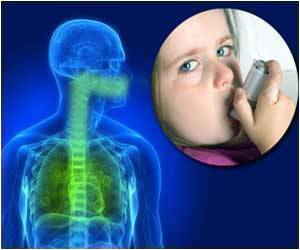Higher vitamin D levels linked to increased survival for women with breast cancer, reveals research .

‘Women with higher vitamin D levels in their body were nearly a third more likely to survive breast cancer,
’





Common sources of vitamin D include sun exposure, fatty fish oils, vitamin supplements, and fortified milks and cereals. While the mechanisms for how vitamin D influences breast cancer outcomes are not well understood, researchers believe it may be related to its role in promoting normal mammary-cell development, and inhibiting the reproduction of and promoting the death of cancer cells. "We found that women with the highest levels of vitamin D levels had about a 30 percent better likelihood of survival than women with the lowest levels of vitamin D," said Lawrence H. Kushi, ScD, research scientist with the Kaiser Permanente Northern California Division of Research and principal investigator of Kaiser Permanente's Pathways study of breast cancer survivorship. The current study included 1,666 Pathways study members who provided samples between 2006 and 2013.
With funding from the National Cancer Institute, the Pathways study began enrolling Kaiser Permanente members in Northern California who had a diagnosis of invasive breast cancer in 2006. Participants provided blood samples within two months of diagnosis and answered questions about diet, lifestyle and other risk factors, with follow-ups at six months and at two, four, six and eight years.
"With the extremely rich data sources from a large sample size, we were able to prospectively analyze three major breast cancer outcomes -- recurrence, second primary cancer and death," said Song Yao, PhD, associate professor of oncology at Roswell Park Cancer Institute and the study's lead author. The institute, located in Buffalo, NY, is a partner in the Pathways study.
"We were also able to adjust for multiple possible contributing factors that could influence vitamin D levels," Yao said, "such as age, obesity, race and ethnicity, socioeconomic status, and several tumor characteristics that are known to influence breast cancer outcomes -- to ensure that the effects we observed were independent of these factors."
Advertisement
Although the study did not examine the effects of vitamin D intake from foods versus supplements, Kushi noted that it supports the recommended daily levels of vitamin D (600 IU for those 1 to 70 years old and pregnant or breastfeeding women, and 800 IU for those over 71 years old).
Advertisement
The National Cancer Institute recently awarded a five-year, $10 million grant to Kaiser Permanente and Roswell Park Cancer Institute, co-led by Kushi and Christine Ambrosone, PhD, senior vice president for population sciences at Roswell Park and a key collaborator on the vitamin D research. The new funding will allow researchers to continue following Pathways participants, establish a biorepository of tumor specimens, conduct germline genetic assessments, and obtain more information about the characteristics of neighborhoods in which the women reside.
This study is part of Kaiser Permanente's ongoing efforts to understand the complexities associated with breast cancer survival and outcomes. For example, last year Kaiser Permanente researchers found a lower risk of recurrence in patients who breastfed and among those with specific HER2 positive tumors. In addition, in two separate studies published in 2013 researchers found that breast cancer survivors with strong social networks had a lower risk of mortality, while those who consumed high-fat dairy products had a higher mortality risk.
Source-Eurekalert















